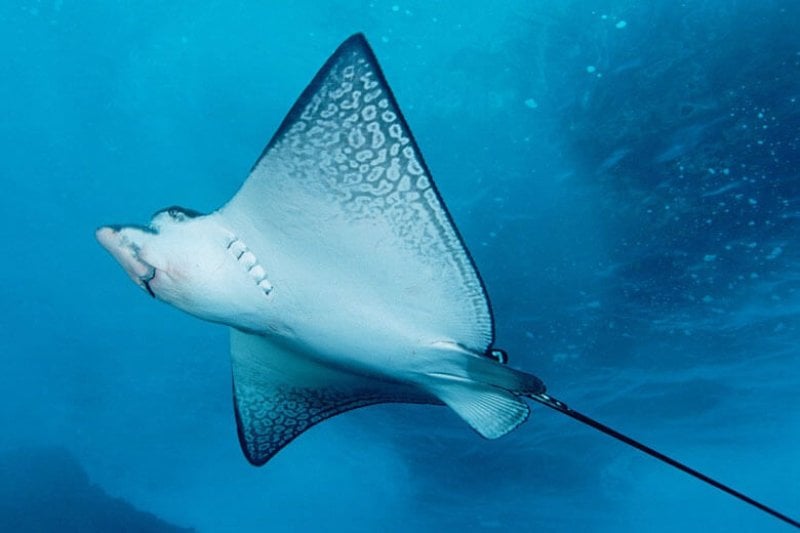The genes and nerve cells that allow people and other mammals to walk around can also be found in a primitive fish known as a skate, according to a study. The findings suggest that the nerve cells essential for walking evolved millions of years earlier than previously thought.
…
The results, published on 8 February in Cell, support the argument that the nerves that control walking first appeared in fish at least 420 million years ago, more than 20 million years before the first four-legged animals crawled out of the ocean.
…
[Skates] use a set of large fins to swim, and a separate set of smaller fins to walk on the sea floor. “When you look at videos of skates walking, these fins look a lot like legs,” says Jeremy Dasen, a neuroscientist.…
That’s not just a coincidence. The researchers found that the nerve cells that control the muscles for bending and straightening the limbs in people are also present in skates.
…
Dasen remains hopeful, however, that this line of research could lead to bigger things. By studying skates, which only use six muscle groups per walking fin, scientists could find out how the nerve networks that control walking are wired in more recently evolved organisms such as mice and people.
Read full, original post: Primitive fish’s sea-floor shuffle illuminates the origins of walking































